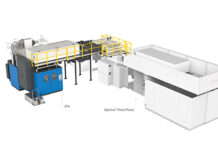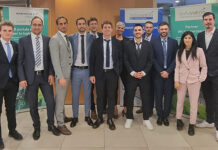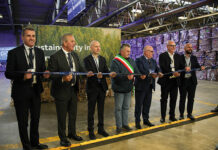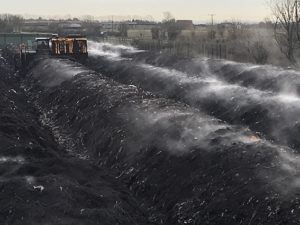 A REPORT has found landslide expert support for compostable packaging to reduce plastic contamination in organic waste streams and increase the amount of food waste captured for recycling. The report, produced by Ricardo Energy, quizzed experts across the UK, France, Germany, Italy and Spain.
A REPORT has found landslide expert support for compostable packaging to reduce plastic contamination in organic waste streams and increase the amount of food waste captured for recycling. The report, produced by Ricardo Energy, quizzed experts across the UK, France, Germany, Italy and Spain.
Some 72 percent of respondents stated that compostable packaging would help increase the amount of food waste captured and decrease plastic contamination. All respondents stated that conventional plastic packaging poses a challenge to organic waste streams.
The report also found that 82 percent of respondents believe compostable materials would help to reduce plastic contamination across organic waste streams.
The findings come as the EU continues working towards a raft of plans designed to encourage organic recycling and promote the bio-based sector.
The EU is currently revising a Bioeconomy Action Plan, which will include recommendations to help meet the targets set out in the Waste Framework Directive (WFD) which mandates that by 31 December 2023, bio-waste will be collected separately or recycled at source.
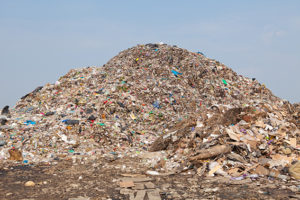
Targets set out in the WFD state that 65 percent of municipal waste will be recycled by 2035, of which bio-waste including food waste is the largest single component.[1]Badly contaminated food waste is currently sent to landfill or incineration. In landfill it produces harmful gases including methane which is 84 times more potent than carbon dioxide.[2] But when recycled, food waste can be used for positive purposes, including as a natural fertilizer.
Experts say the report reflects the need for increased uptake in compostable packaging if the EU is to reach these targets, and that Italy is a best-in-class model for Europe to follow.
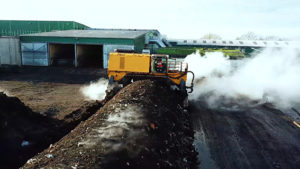 David Newman, Managing Director of the European Circular Bioeconomy Policy Initiative (www.ecbpi.eu) said: “Compostable packaging will become increasingly more necessary as the EU ramps up its bio-waste recycling. Reducing plastic contamination in organic waste streams is something that the EU must be prioritising to reach its recycling targets and to decontaminate soils from plastics spread through composting and anaerobic digestion; as this report shows, new regulations and guidance are needed to support this across the continent.”
David Newman, Managing Director of the European Circular Bioeconomy Policy Initiative (www.ecbpi.eu) said: “Compostable packaging will become increasingly more necessary as the EU ramps up its bio-waste recycling. Reducing plastic contamination in organic waste streams is something that the EU must be prioritising to reach its recycling targets and to decontaminate soils from plastics spread through composting and anaerobic digestion; as this report shows, new regulations and guidance are needed to support this across the continent.”
“Italy is a best-in-class model for other nations to follow as it already has successful infrastructure and support in place for compostable packaging. As a result, we have seen a significant uptake in bio-waste recycling when compared to other countries in the EU, and compostable packaging has been a key factor in this”, said Annalisa Nissola, Sales Director for Italy at compostable packaging producer TIP.








